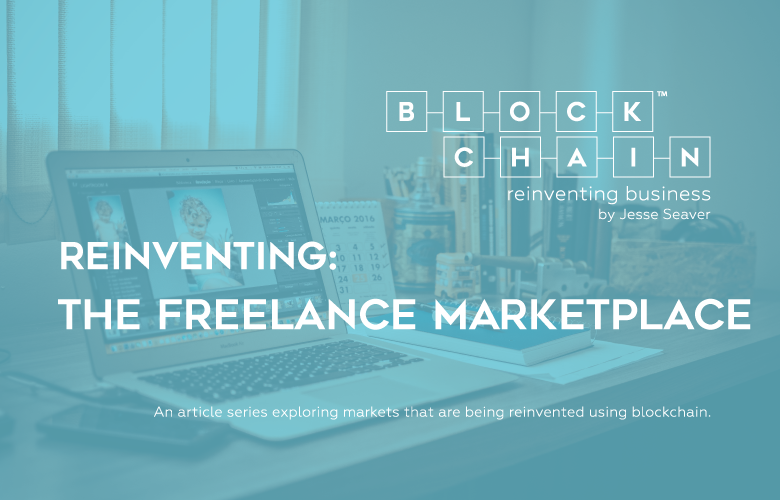The Freelance Marketplace

This article originally appeared in HuffPost on 12/7/2017.
We live in a day and age where more and more people can live and work from anywhere in the world. Running into a freelancer is becoming less of a rarity, and more commonplace due to the tools of the online trade that allow for distributed teams to work together efficiently.
While many work full time for one or two clients, many have built full-time careers working for many different clients on sites like Freelancer, Upwork, Fiverr, and others. By providing quality work for multiple clients, sometimes as many have a hundred or more, these freelance individuals develop long-term relationships and establish reputations and ratings that win them, new clients. This cycle of doing good work, getting good reviews, and getting a new client based on that good review is the goal of everyone on the platform and the key to success.
While this is great, and I personally know several people who are wildly successful as web developers using this method, it’s inherently unfair to the global population, and here’s why. To be a freelancer on one of these platforms, which is to offer a skill on one of these platforms, you need a bank account (or a PayPal account which is essentially the same requirement as they link to a bank account).
This means that the nearly 3 billion people, or 39% of the world that don’t have a bank account, aren’t able to offer the rest of the world their skill online in exchange for compensation. (By the way, this includes almost 16 Million people in the United States.)
Shouldn’t a platform design to allow skill sharing on the internet, which is intended to connect everyone, be available to everyone? I argue it should, especially in regards to being able to provide someone in need a way to make an income. Here, again, is where the blockchain and digital tokens allow for inclusion where a central banking authority does not.
Enter Vanywhere. A token-based skill sharing platform build on the blockchain.
Because membership in a token payment based platform no longer requires a bank account, but instead only a valuable skill, anyone who can offer their skills to the community without this barrier to entry.
They can be instead be compensated in the community currency, which can then be exchanged for other viable digital currencies, or if they wish, converted back into a Fiat currency. In my opinion, this equals the playing field and while it may make the market more competitive, in the long run, this is better for everyone and the best of the best will still profit and come out on top.
Another element that the Vanywhere and the blockchain based ecosystem improves upon over the current systems is in regards to reputation security. A freelancer’s positive reputation and rating is their gateway to new work. Any breach of this data, or misuse by a bad actor, could irreparably harm their ability to get new work in the future. Blockchain’s inherent security elements offer solid protection against the possibility of this.
Finally, there is also a dramatic reduction in transactional costs when a payment processor is not required, meaning that the freelancers offering their skills get to keep more of their earned income.
I am excited to see this new blockchain based technology startup working on this. With peer-to-peer payments, Vanywhere is democratizing the playing field and giving everyone an equal opportunity to market their skills, even if they don’t have a bank account. Instead, they will transact using the VANY token, which will be tradable on various exchanges.
One of the things I liked most about this company is that they also will facilitate a platform that allows for real knowledge exchange in real time. For example, you will be able to video chat with someone who speaks a language you do not, and they can translate for you in real time, or direct you towards the landmark you are looking for after you show them on a map or with your phone camera where you are. Instead of trying to follow an online guide for how to make a chocolate soufflé, get connected you to a “hobby” baker in Minnesota or even a five-star chef in Paris, so you can get a personalized match tailored just for you. This real-time syncing of people to share skills in impressive and compelling.
They have also lowered their projected commission costs by as much as 80% in relation to the other platforms I have mentioned, allowing freelancers to keep more of their money. And, to protect reputations, they have utilized Smart Contracts to ensure that ratings and reviews are in fact occurring in the way they should be, providing their users with enhanced security.
This is a great example of the blockchain reinventing the world of freelance markets, and I look forward to their launch and using the service myself. You can sign up to get their whitepaper, and learn more about their upcoming token sale here.